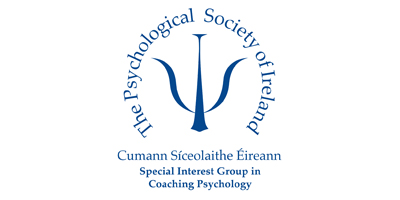This week’s question of the week is useful if you’re having interpersonal conflict, or you need to make an important decision.
The question to ponder this week “Is how I feel negatively affecting how I think?”
This question is useful when we are in disagreement or conflict – especially with those close to us, or when we need to make a big decision that requires us to think rationally or logically. This is because how we feel often negatively effects how we think, and behave in situations.
Think about a time when you were really annoyed or angry with someone. Maybe you thought some pretty terrible things about that person, and even said some terrible things – to, or about the person. But then afterward’s, once the anger had run its course, and subsided, maybe you regretted thinking those things, and especially saying those things. So, how we feel can effect how we think and behave.
Don’t get me wrong. Anger can be a very useful emotion in certain situations. If you feel threatened physically it can help you fight back or get away. It can help you stand up for yourself, and stop others walking all over you.
Our negative emotions are also an important source of information. They indicate often that our needs are not being met. We feel anxious when our needs for security or safety are not being met, when we think that something might hurt us. We feel stress when we believe we can’t cope with the demands of a situation. We feel guilt and shame when we beleive our behaviour has dropped below our personal standards. We feel angry when we feel attacked, or we‘re stopped from achieving an important goal.
The problem with all of these emotions, is they take over. They partly disengage the logical, forward-thinking, problem-solving part of our brains – while the emotional and reactive parts of our brain take over to protect us. And sometimes this doesn’t serve us.
So what can do about it? Well if you’re feeling a very strong emotion like anger during an interpersonal conflict – for example having a argument with your partner or work colleague – the best thing to do is give yourself some space and remove yourself from the situation. Maybe try a breathing technique – here’s a link to a great one by Andrew Weil, or hit the gym and work out. This work’s with big decisions as well. If you feel overly stressed, anxious or worried – give yourself some space and time. Let that emotion run its course and then look at the situation again before you decide what to do. Give yourself a ‘cooling off’ period before you commit to a course of action.
I hope you find this useful
See you next week.
Jayson





